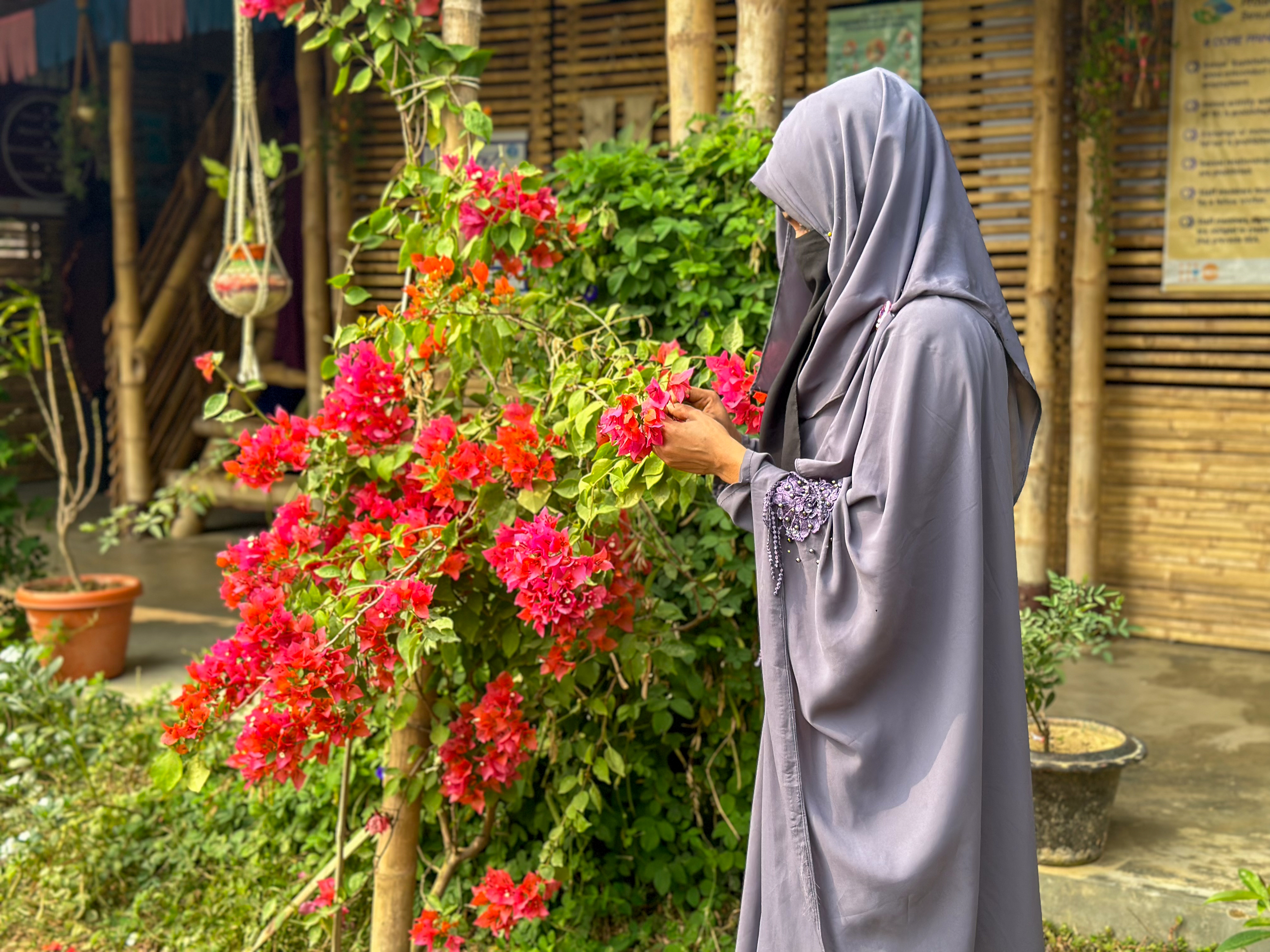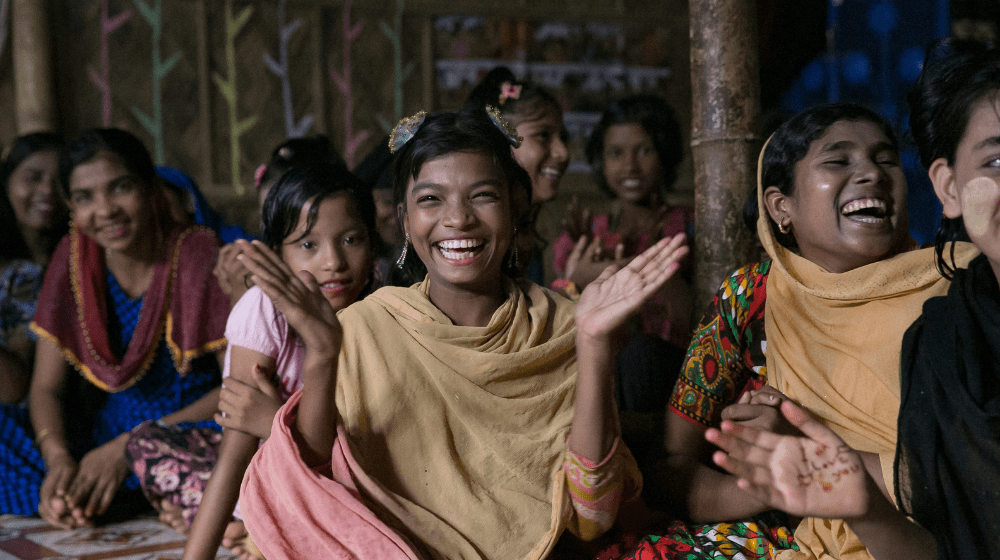The Government of New Zealand has been a key contributor to humanitarian efforts in the Rohingya refugee camps in Cox’s Bazar, Bangladesh. Recently, UNFPA, the United Nations sexual and reproductive health agency in Bangladesh, received NZD$1.5 million (USD 0.96 million) to address the needs of Rohingya women and girl refugees. Having fled persecution and widespread violence in Myanmar seven years ago, these refugees reside in the densely populated camps in Ukhiya and Teknaf of Cox’s Bazar district. The funding will support their needs in sexual and reproductive health, gender-based violence prevention, mitigation, response, and overall well-being.
In recent years, funding for the Rohingya refugee operations in Bangladesh has receded, severely impacting the safety and access to services for refugee women and girls. These refugees particularly face heightened risks of violence, sexual exploitation, and abuse within the overcrowded camps, which are also prone to natural disasters. Their access to healthcare and essential gender-based violence and sexual and reproductive health services has been severely limited.
With the additional support from New Zealand, UNFPA will continue to promote access to sexual and reproductive health and gender-based violence services. UNFPA will also continue leading the coordination of gender-based violence response programming.
In Cox’s Bazar, UNFPA runs women friendly spaces and women-led community centers, offering survivor-centered gender-based violence, sexual and reproductive health and case management support. Trained psychosocial and gender-based violence case workers provide psychosocial assistance, clinical management of rape and referrals, and midwives offer family planning counseling, sexually transmitted infections screening and treatment, and prenatal and antenatal care.
The Joint Response Plan in Cox's Bazar aims to reach 1.3 million people, including the Rohingya refugees and host communities. Many of these individuals rely entirely on humanitarian aid, emphasizing the urgency of sustained solidarity. The recent support from New Zealand enables UNFPA to continue addressing the pressing needs of women, girls, and their families in Cox's Bazar, bridging funding gaps and ensuring vital services reach those who need them most.
International solidarity with Rohingya refugees is needed more than ever. UNFPA and its partners are dedicated to empowering women and girls from the Rohingya refugee communities, as well as host communities, leaving no one behind. New Zealand has played a vital role as a steadfast partner, with sustained investments over the years providing flexible resources to help address the needs of the most left behind.

With the additional support from New Zealand, UNFPA will continue to promote access to sexual and reproductive health and gender-based violence services in the Rohingya refugee camps and surrounding host communities in Cox's Bazar.


